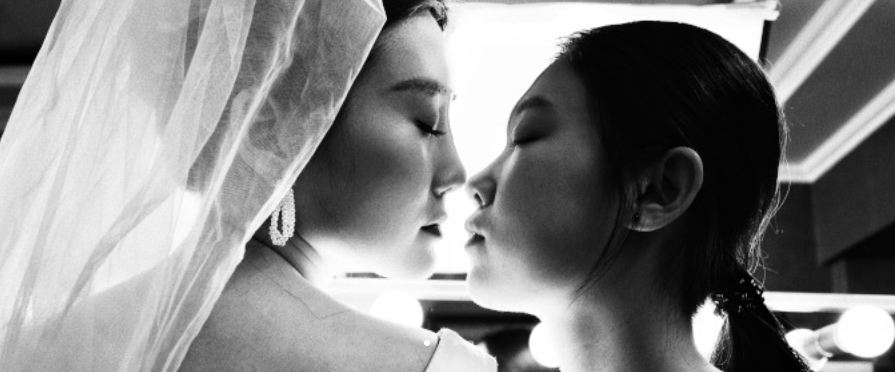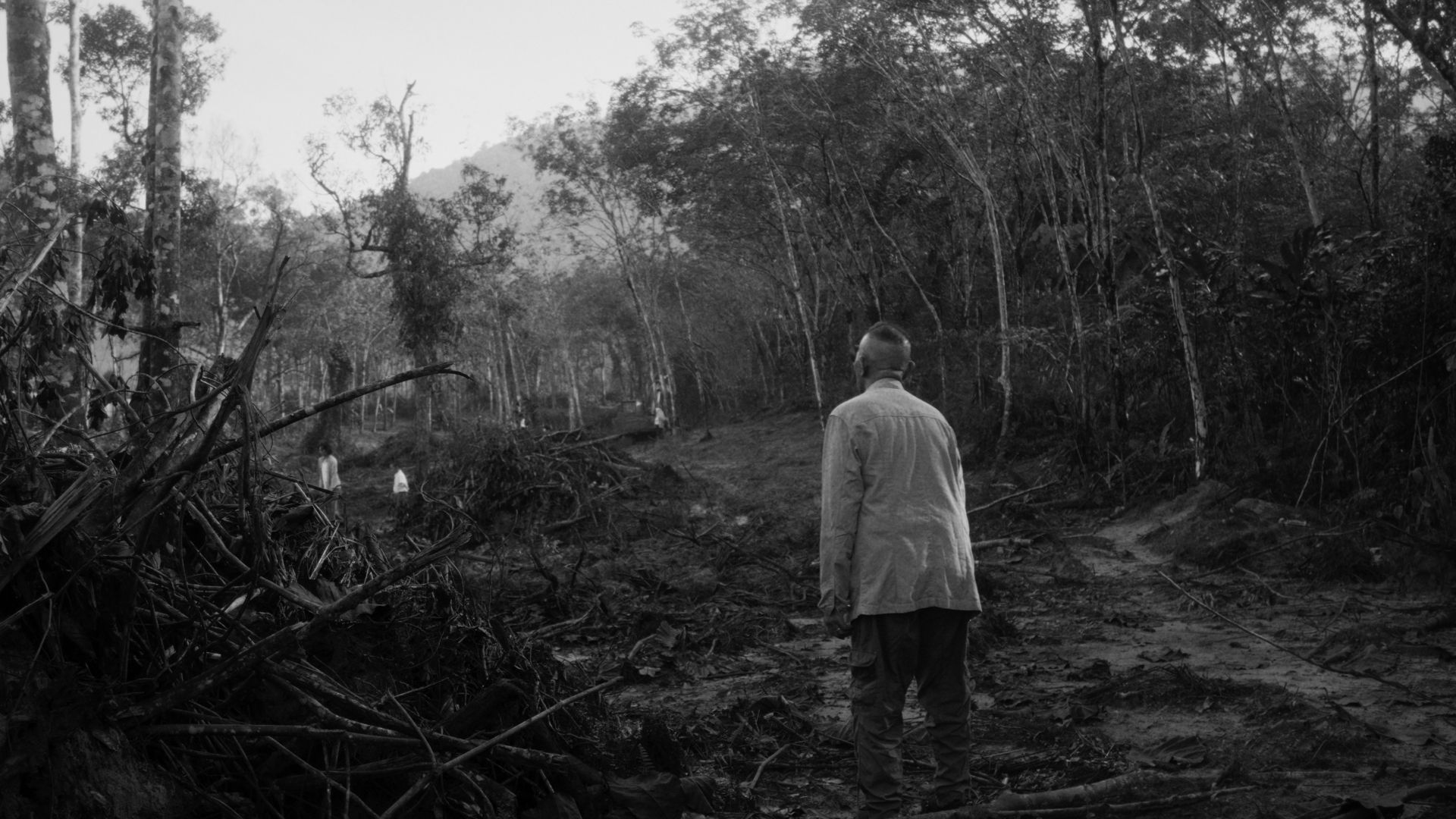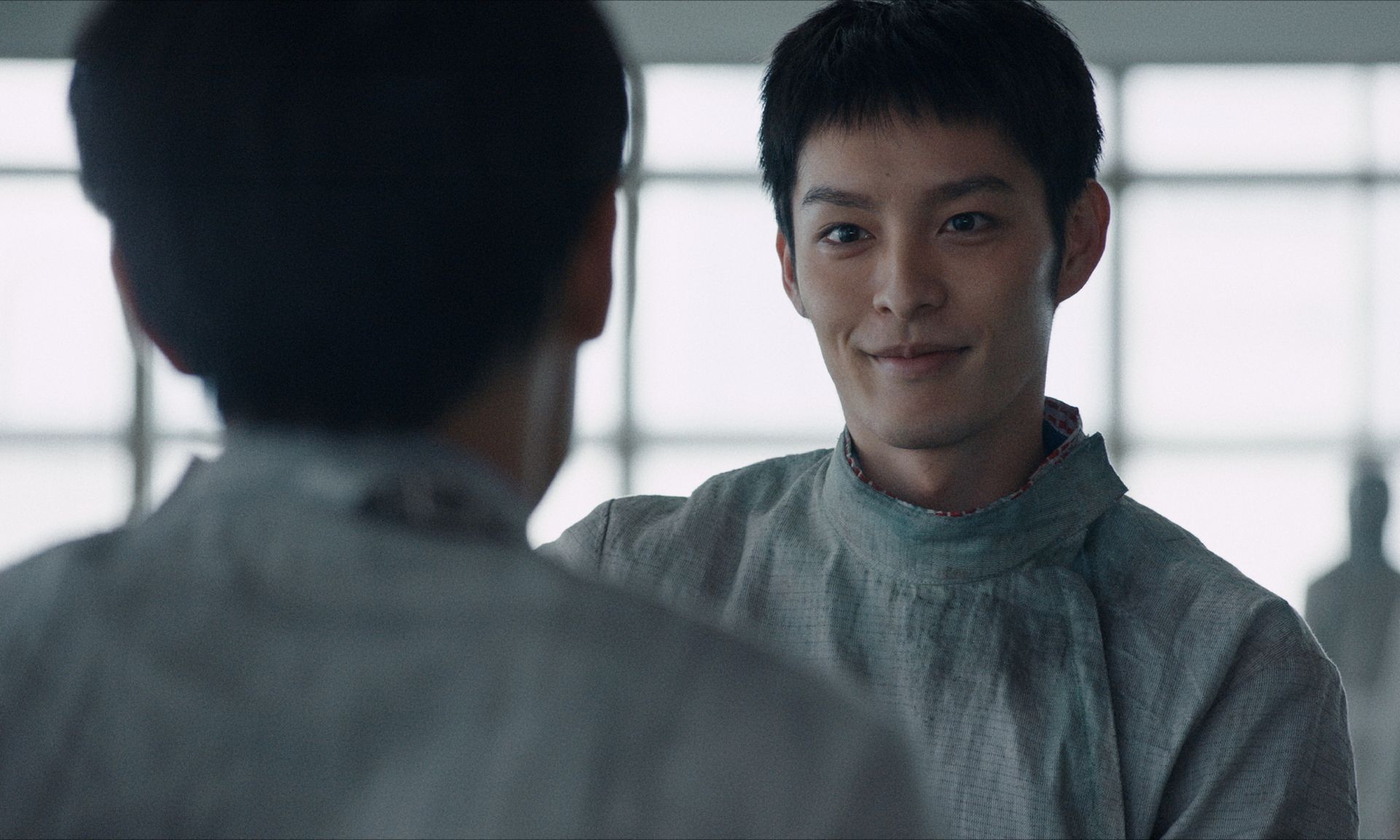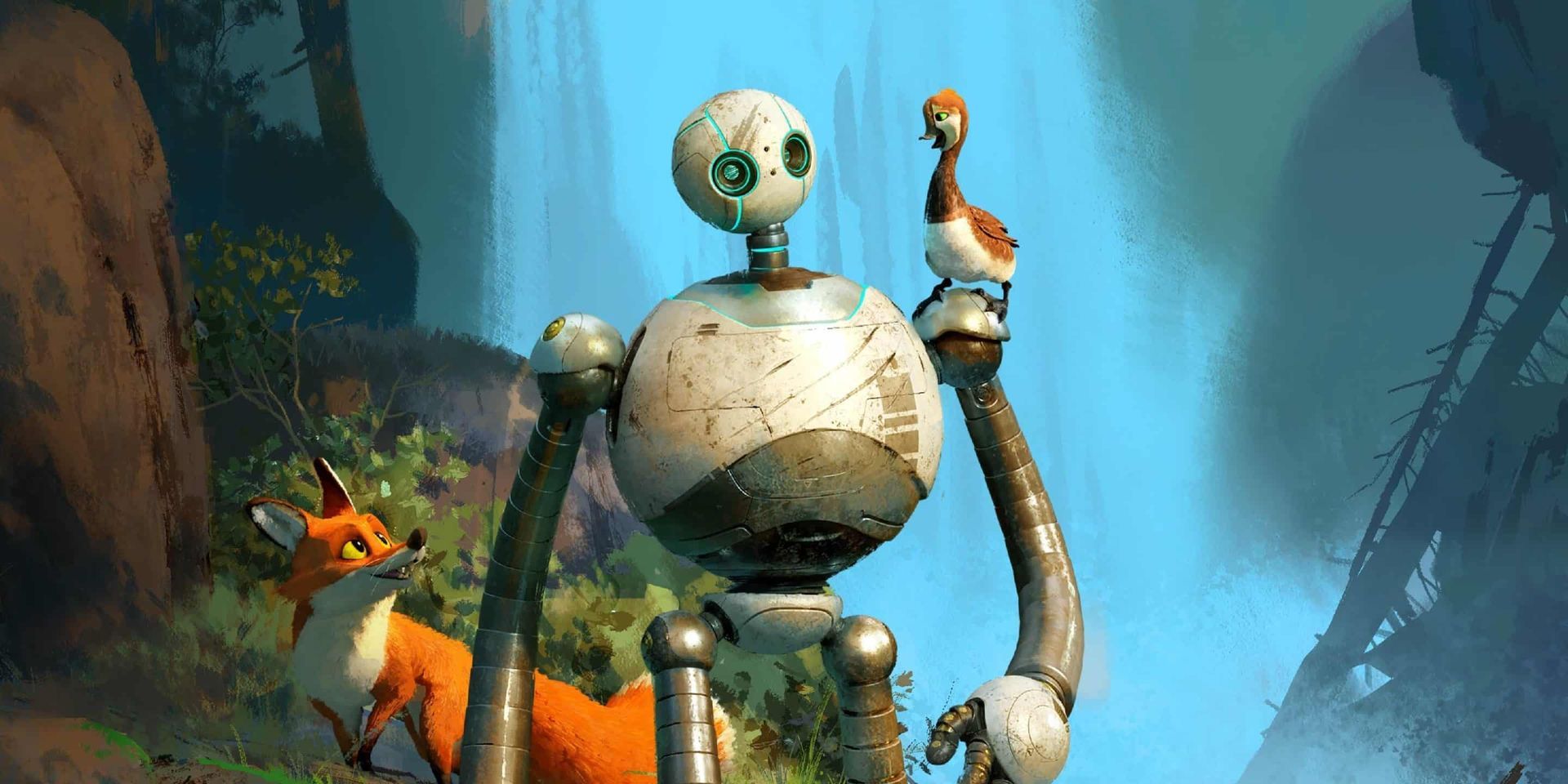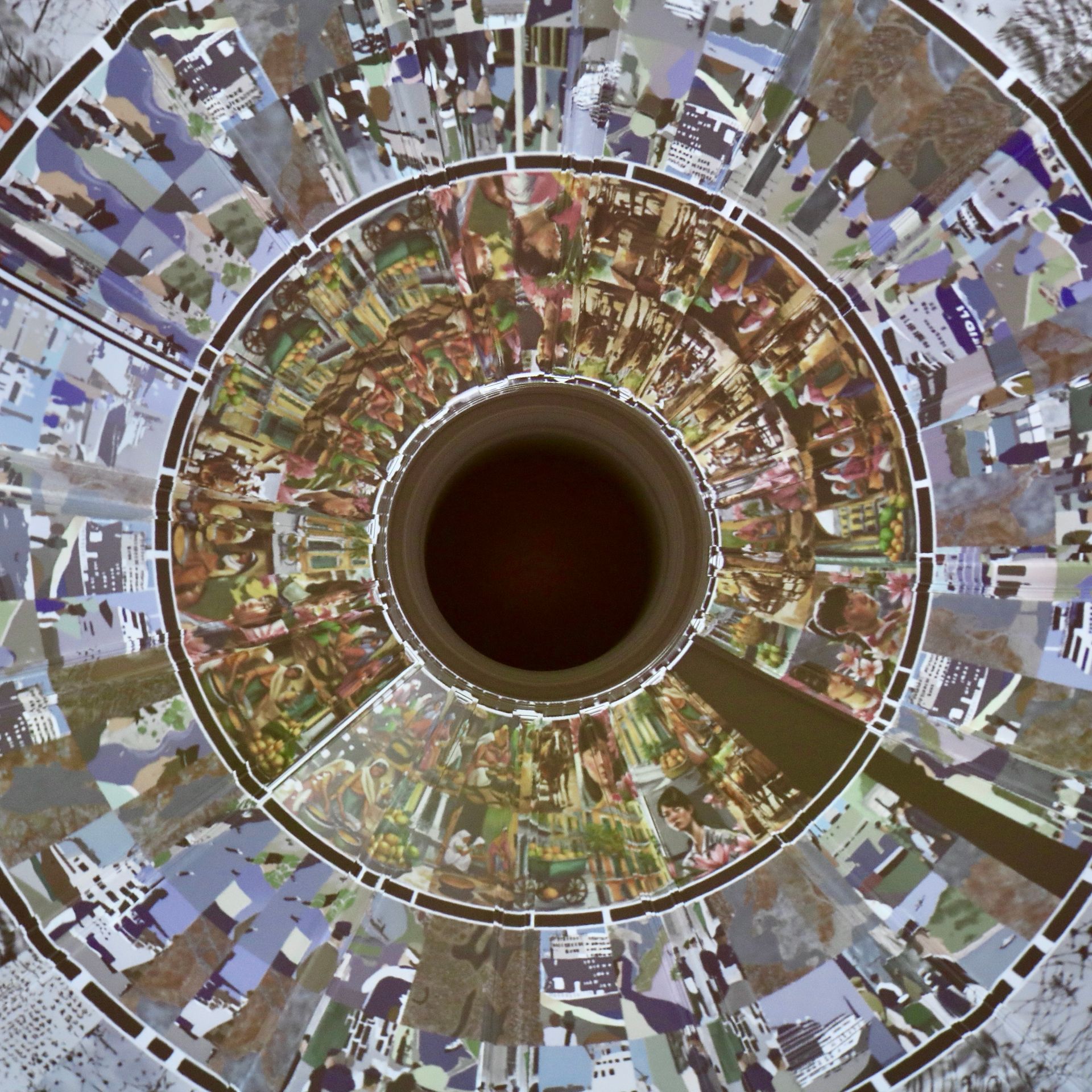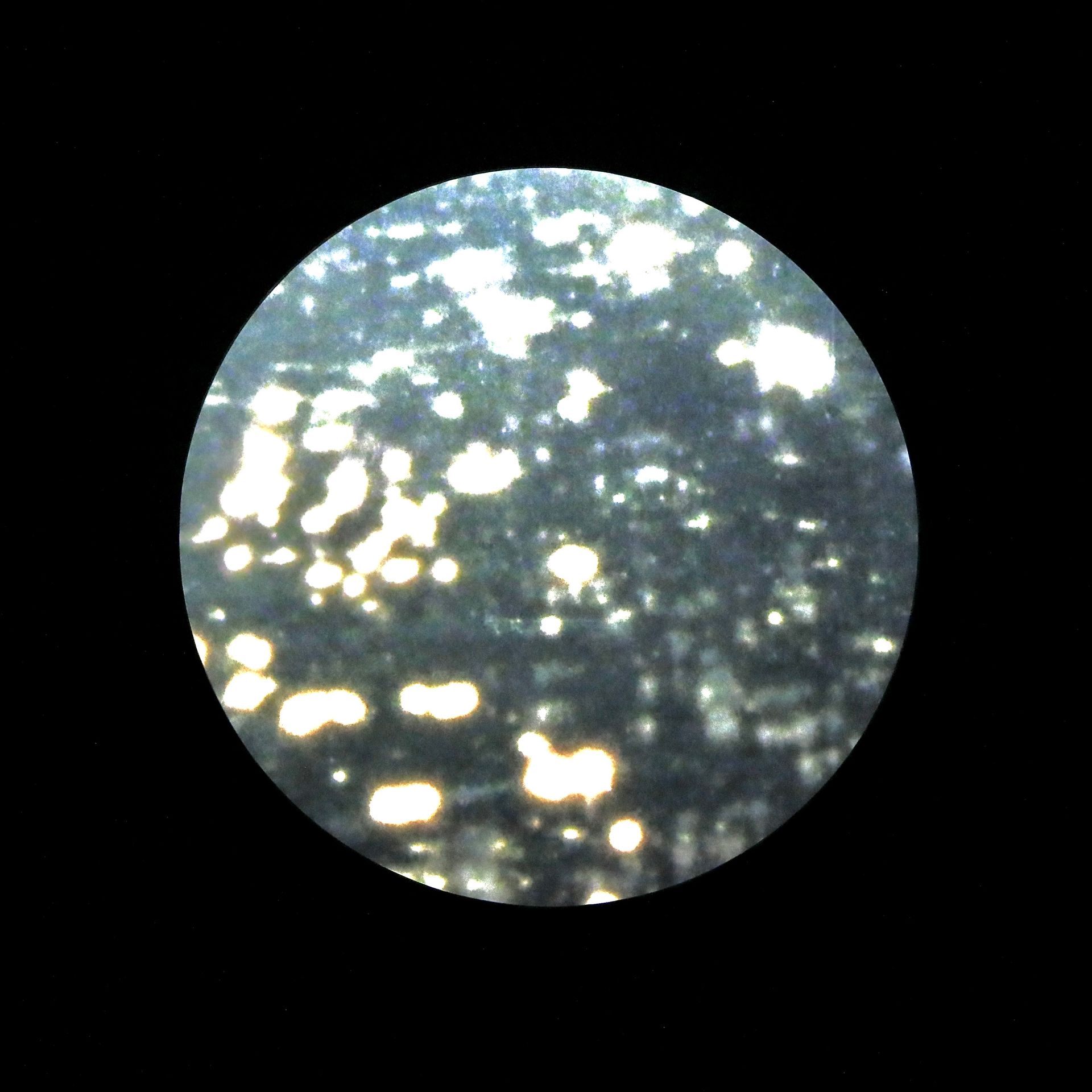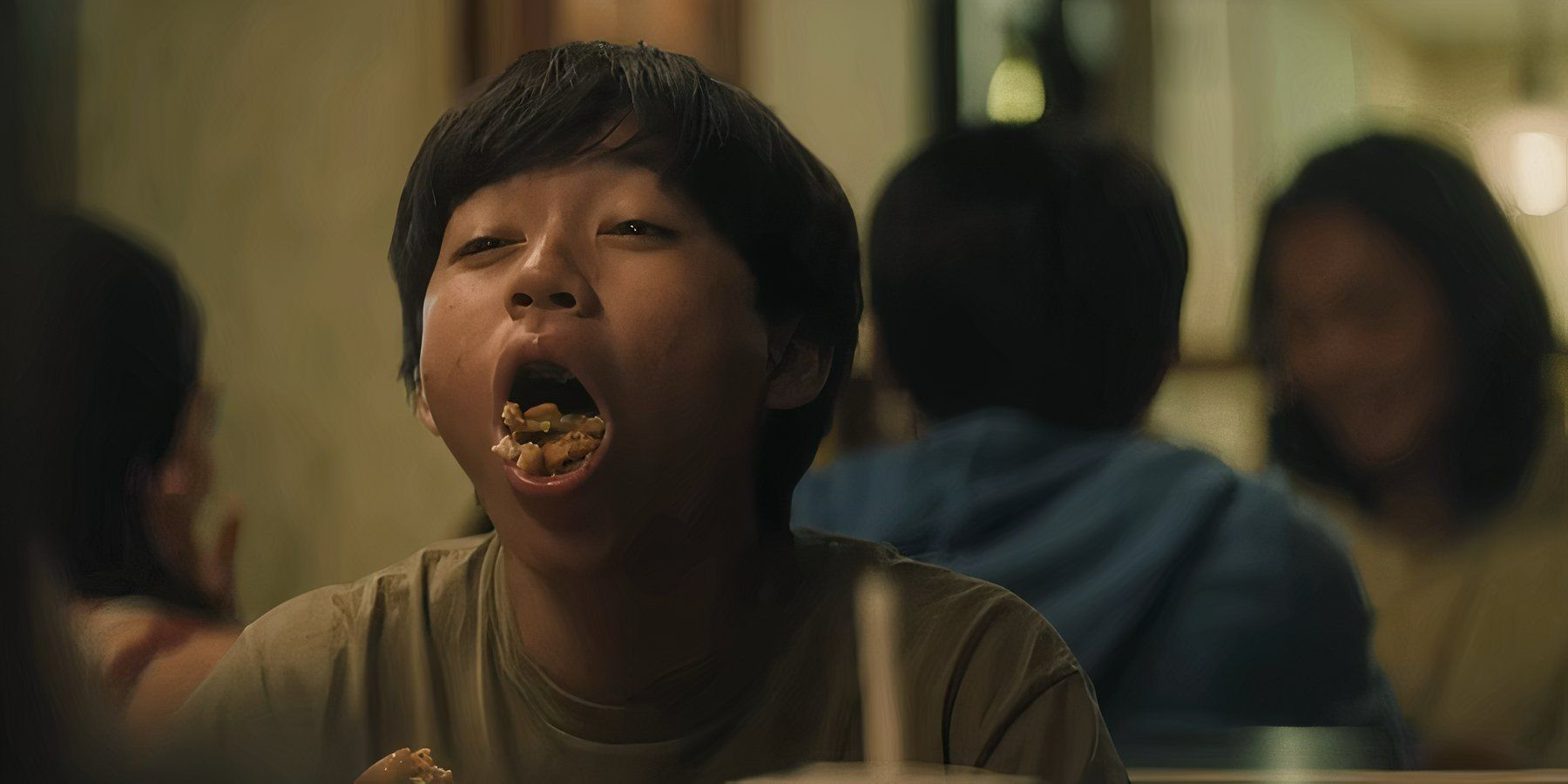Film Review #165: WORLDS APART
Worlds Apart, Yet Never Apart
—A Review of Worlds Apart (2024)
影片《异国日记》观后感
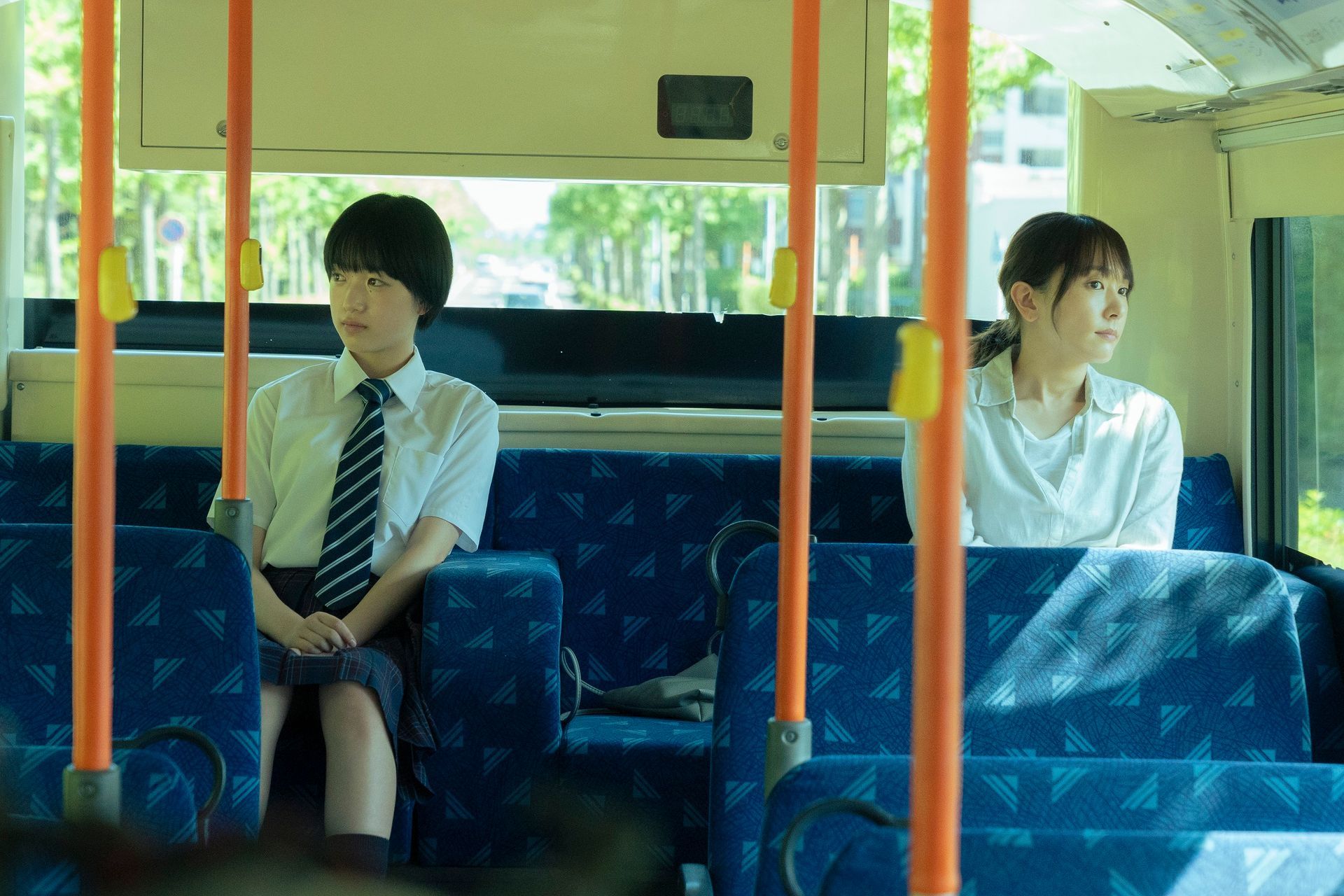
The passing of her parents forces Asa Takumi (Ikoi Hayase), fresh out of junior high school, into the home of her aunt, Makio Kodai (Yui Aragaki), a shy 35-year-old novelist. Two women, both alone but unprepared, now find themselves bound by circumstance, learning to navigate a life together.
Based on the manga series “Ikoku Nikki” by Tomoko Yamashita,
Worlds Apart
even in its title speaks not only of the divide between the living and the dead, but also of the quiet distances that exist between people, including those who share the same roof. In its unhurried storytelling, the film traces the emotional landscapes of women at different stages of life—growth and transformation, solitude and companionship, farewells and rebirth.
Asa, standing at the fragile threshold of adolescence, is acutely perceptive yet deeply uncertain. She fears loss but craves belonging. She longs for independence but yearns for understanding. A shift in a friend’s demeanor can unsettle her, a passing remark from an elder can weigh on her mind, and even the subtlest change in scent can evoke a sense of unease.
But growth is not exclusive to youth. Adulthood, too, is filled with uncertainties. Makio, a woman who has built her life around solitude, finds herself suddenly responsible for a teenager. She struggles with closeness, hesitant and awkward in the face of Asa’s unspoken needs. She is not the nurturing figure society might expect, nor is she someone who has fully made peace with her own past. And yet, through small moments, reluctant conversations, and the quiet support of friends, she gradually learns to embrace a different kind of tenderness.
Director Natsuki Seta inherits the legacy of Japan’s "quiet cinema", a tradition woven through the works of Yasujiro Ozu’s
Tokyo Story, Hirokazu Kore-eda's
Still Walking, and Shunji Iwai’s
Love Letter. She does not rely on conventional narrative arcs or dramatic peaks Instead, she allows emotion to emerge through subtle, deliberate details. This perspective makes the storytelling feel personal and familiar—as if these characters could be people we have known, or perhaps even reflections of ourselves.
Yui Aragaki’s portrayal of Makio is an exercise in quiet depth. She appears distant, even cold, but her silences carry weight, her glances hint at an emotional landscape she struggles to articulate. Meanwhile, Ikoi Hayase’s Asa is the embodiment of adolescent vulnerability and quiet defiance. Their relationship doesn’t unfold through fierce confrontations but rather through quiet, unspoken shifts. Every glance, every change in tone, and even the fleeting illusions reveal the undercurrents of their emotions—subtle, yet deeply felt.
It not only made me think about cinematography, editing choices, or storytelling techniques, but also drew me back into my own memories—of friendships that faded, of family ties that evolved over time, of moments left unspoken between loved ones. Perhaps this is what the director intended: invite audiences, especially women, to recognise a part of themselves in the story
Most of us, at some point, have felt the quiet ache of distance—whether from family, from friends, or from the world itself. But in that space of separation, some emotions take root, some connections quietly mend, and some wounds, over time, cease to hurt. And maybe, in the end, that is enough.
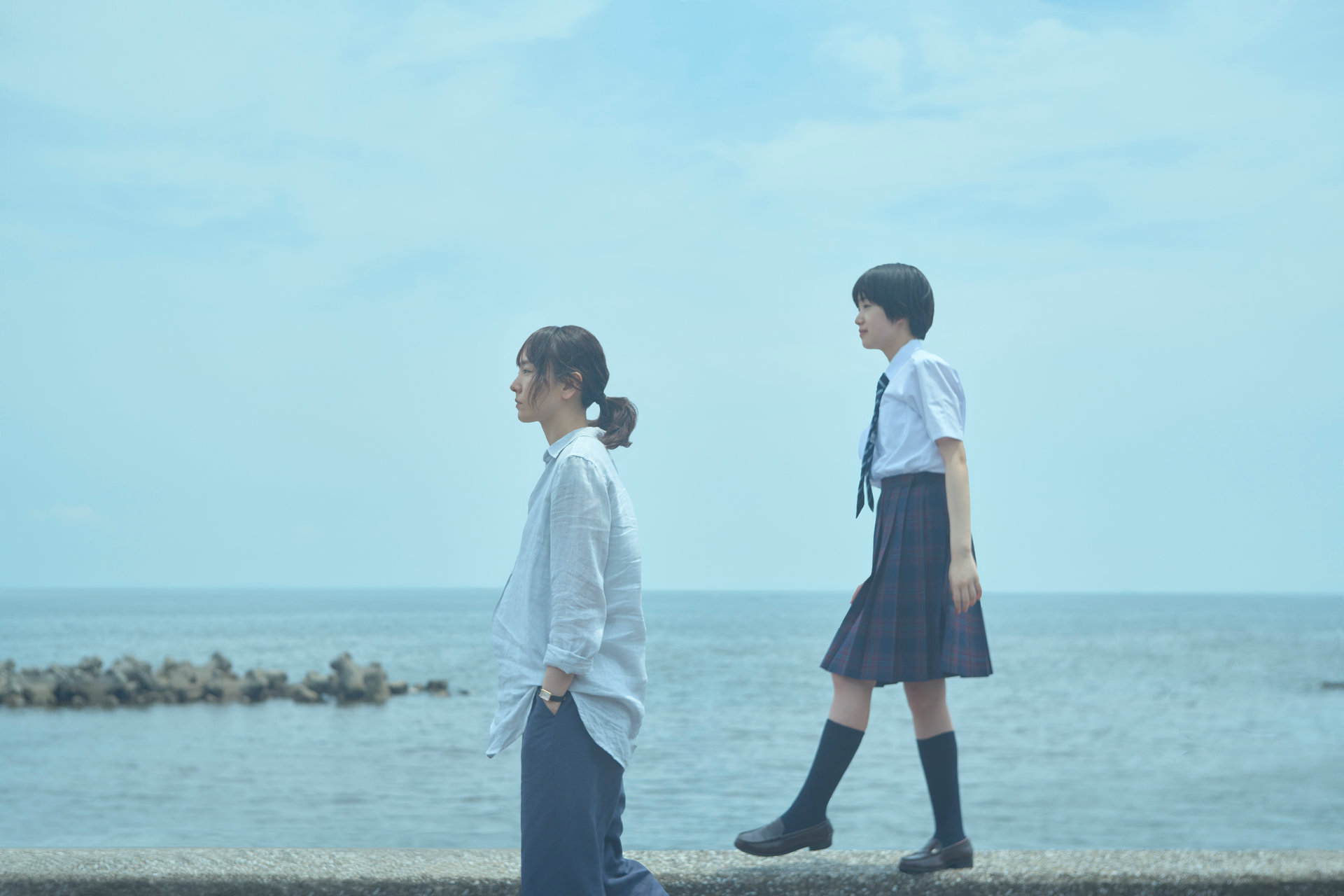
父母意外离世,让初中毕业的田汲朝(早濑憩 饰)来到自己的阿姨,职业小说家的高代槙生(新垣结衣 饰)家中,从此,两个孤独的毫无心理准备的女性需要一起生活。
改编自山下知子的同名漫画的电影 《异国日记》,“Worlds Apart”,分割的不只是生者与逝者,也是人与人之间存在的亲疏关系。在平淡的叙事中,让我看到了女性在不同人生阶段的情感轨迹——成长与蜕变、孤独与陪伴、告别与重生。
青春期的Asa,脆弱又敏感。害怕失去,又渴望归属;想要独立,又希望被理解。
会因朋友的冷淡而患得患失,会因长辈的话深受触动,甚至连气味变化,都能察觉出某种情绪的异样。
但成长,并非只属于青春期。成年人的世界更复杂,充满迷茫与未解之问。Makio,一个习惯独处,害怕亲密关系的女人。她不擅长表达关心,面对Asa,她更多的是逃避和迟疑。她甚至连自己的人生都未必理清。但在相处中,以及朋友的帮助下,她也逐渐学会接纳另一种温柔。
濑田夏树的导演风格,继承了很多日本影片的“生活流”美学。不像许多影片那样依赖戏剧冲突,而是从女性视角,通过细节塑造角色情感,给人一种更为贴近真实的感觉。在如同呼吸般流淌的日常里,情感的变化都藏在了微妙的细节中。偶尔的不合拍,也构成了最真实的情感连接。
Makio看似冷漠,实则隐忍,眼神中藏着许多未曾言说的情绪。而Asa则完美展现了少女的敏感与勇敢。两人并未以激烈的冲突展现关系变化,她们内心的起伏在每一个眼神、语气,和时而会产生的幻觉中,自然流露。
这部电影带给我的是一种温柔的触动,让我想起小津安二郎的《东京物语》,是枝裕和的《步履不停》,以及岩井俊二的《情书》。也是因为这样的节奏,给了我更多思考空间。思考的不仅仅是这电影的拍摄剪辑技巧与故事讲述方式,而是让我不自觉地回想起自己的青春期与朋友之间的友情,代际之间的相处与生活点滴。我想,这或许是导演希望给到观众,特别是女性观众的体验,由此产生共情。
其实,我们中的很多人都曾感受过与世界,与亲人的分离,但总有一些情愫,在不经意间生长,治愈伤痕,获得力量,终将释然。
---------------------
About the author: Rachel Xia is a film director from China who’s been in love with art since childhood. Turning that passion into a career? Pure joy. But where she really has fun is with sharing films and the emotions they bring. She respects every creator’s voice—it's the mix of different perspectives that makes life colorful.
Worlds Apart had its Singapore Premiere at SFS Showcase #41 on 15 February 2025. The second screening is open to public as an SFS Special Presentation, in collaboration with The Projector.
Get your tickets here: https://theprojector.sg/films-and-events/worlds-apart/
SFS Members are entitled to a discount code. Join our membership here:
https://www.singaporefilmsociety.com/membership

